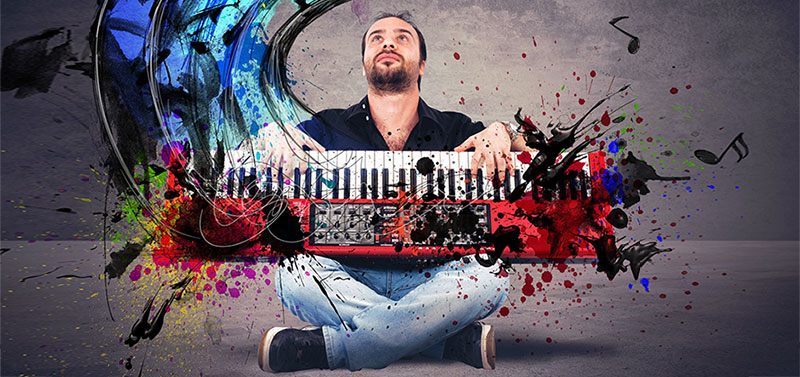Musicians in Today’s Church: A Place for Us
 Several years ago, I had organized a Good Friday service that was a combination of music and meditations. And my music director brought in a young viola player for an obligato part in a choral piece.
Several years ago, I had organized a Good Friday service that was a combination of music and meditations. And my music director brought in a young viola player for an obligato part in a choral piece.
I went up before the service to introduce myself, and we chatted for a little bit. As might be expected of a rector, I asked, “Do you go to church?”
“No,” he said. “But I have to tell you. I was raised in California by two scientists, both of whom are atheists. But I’ve really begun to wonder where music comes from.”
Power
What that young man realized was that music really does have its own power. Someone can stand up and sing a glorious Christian anthem and not believe a word of it. And still people will come and say, “God spoke to me.”
Not long ago, a friend of mine was telling me of her experience in a concert hall listening to Debussy’s “La Mer.” The power of the piece overwhelmed her; she felt as though she was riding the waves. And all she could think about was the terrifying and exhilarating presence of both creation and the Creator.
Music is powerful. It’s far more powerful than any human being.
Passion
But the power of music also means that people who have been gifted in this area bear in themselves a sort of interior crucible fueled by human passion. Intelligence, training, and a tender heart toward the aesthetic combined with this passion can be, in fact, an extraordinarily volatile combination.
Not everyone knows how to handle it. And so too often, musicians approaching their zenith only crash and burn. They don’t know how to live into that extraordinarily tenuous and at times terrifying interplay that goes on inside between the power of music, human passion, and the God who inspires and has created both.
Place
And sadly, there are plenty of churches where the spiritual leaders don’t understand that kind of demanding, passionate, and occasionally fragile existence. When a musician goes to a church like that, they hear nothing but flat-footed, emotionally insensitive pedagogy.
And it won’t feed their souls. And they’ll know that the deepest part of what’s going on in their hearts can never be expressed in such a sterile environment. Small wonder they don’t return.
So what we must do is to create a different kind of place. A place where music, human passion, and the worship of God can in fact find their interplay, their dance.
It’s dangerous and heady stuff. And yet, God, in fact, does use it. Even though there are times when your passions may get the best of you. Even though there are times when you have to stand up and sing that anthem when you’re not even sure that you believe. Even in those times where the brokenness of what you know about yourself feels far stronger than the solidity of the message that you allow to flow through you.
Yet in those difficult times, you know both as a performer as well as someone who’s invited to be a part of a service of worship, you must stand up, and not just sing or play, but allow the music to flow through you.
It’s not just that you’re playing the music, but that the music somehow plays you.
Presence
When I ask us to create this different place, I mean so much more than a mere physical location. This must be a place where all of me can be in the presence of God with all of others who are doing the same. A place where we can walk down the aisle, find a seat, and as the music washes over us, do a quiet exhale.
It’s an amazing gift that’s far more than notes. It’s a magic carpet ride into the presence of God.
May our churches always be places where we are invited, broken as we are, into a place and a holiness that is bigger than we are. In this way, like Teresa of Avila, we will find that “majestic, sovereign, timeless wisdom, your kindness melts my cold, hard soul. Perfect lover, selfless giver, your beauty fills my dull, sad eyes. I am yours.”
This is the gift we seek. And this is the gift we hope to offer.
How can musicians find a place in the modern church? Share this blog and your response on Twitter. Please include my username, @revgregbrewer.
(This post is an adaption of Bishop Brewer’s sermon on October 2, 2016, for the Tribute Concert in the Cathedral of St. Luke, Orlando.)
Unless otherwise noted, scripture quotations are from the New Revised Standard Version Bible, copyright © 1989 the Division of Christian Education of the National Council of the Churches of Christ in the United States of America. Used by permission. All rights reserved.
